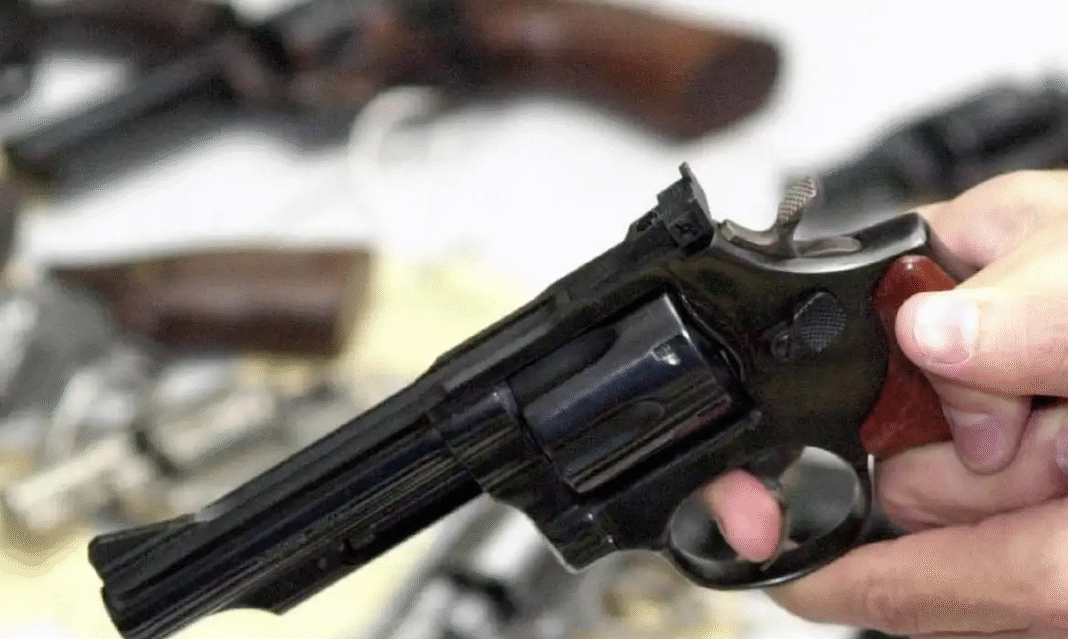The Lula administration (PT) has significantly curtailed the easing of gun purchase regulations implemented during Jair Bolsonaro’s term (PL), resulting in a dramatic drop in new firearm acquisitions by CACs (hunters, shooters, and collectors). Official records indicate a 91% decline in new firearm purchases between 2022 and 2024. While 448,319 firearms were acquired in Bolsonaro’s final year in office, when controls were more relaxed, only 39,914 were purchased in 2024. The figures were obtained by Folha de São Paulo through the Access to Information Law and provided by the Brazilian Army, which handed over responsibility for CAC oversight to the Federal Police on July 1, 2025.
This Content Is Only For Subscribers
To unlock this content, subscribe to INTERLIRA Reports.
All Types of Weapons
The decrease in acquisitions applies to all categories of firearms. However, rifles stand out as an exception. In the first four months of 2025 alone, the number of newly acquired rifles (1,248) has already surpassed the total for all of 2024 (1,063), reflecting a 17.4% increase. This growth contrasts with the downward trend in other types of firearms.
2023 Figures
The drop in purchases was already evident in 2023, following the Lula administration’s introduction of tighter regulations. That year, 176,870 firearms were registered. Comparing 2023 with 2024, the reduction in acquisitions was 77%. In the first four months of 2025, 18,065 new firearms were recorded, indicating a continued slowdown in comparison to pre-2023 figures.
Most Thought-After Weapons
Despite regulation changes, the types of weapons most frequently purchased have remained consistent with trends seen under Bolsonaro. Pistols remain the most popular, followed by carbines, shotguns, revolvers, and rifles. This indicates a continuing interest in weapons commonly used for both sport and personal defense.
1.5 million Firearms in Circulation
Currently, Brazil has around 1.5 million firearms registered to approximately 980,000 CACs. The vast majority of these—932,551—were acquired during the Bolsonaro administration, reflecting the boom in purchases under lax regulation. Under Lula, as of April 2025, 234,849 firearms have been added to this total.
Firearms Linked to Criminal Activities
In 2024, at least 8% of the firearms seized in criminal investigations in the state of São Paulo were traced back to CACs. A report from the Federal Court of Auditors (TCU) also revealed that 5,200 convicted individuals were able to obtain, renew, or retain CAC registration, raising concerns about the effectiveness of oversight mechanisms and the risk of legal firearms entering the criminal sphere.
Analysis:
The sharp decline in firearm purchases by CACs since 2023 reflects the tangible effects of the Lula administration’s decision to reintroduce more stringent controls on gun ownership. According to experts, the most decisive change was the reclassification of CAC categories and the restoration of stricter criminal background checks. These measures reversed the broad flexibility introduced under the Bolsonaro administration, where the lack of differentiation between shooter levels and relaxed vetting led to a surge in gun acquisitions, many by individuals who would not meet today’s requirements.
However, the recent uptick in rifle purchases in early 2025 raises significant concerns. While overall firearm registrations continue to decline, the increased demand for high-caliber, restricted-use weapons signals that some CACs may be exploiting the reinstated category levels to push the limits of the new regulation. This trend must be closely monitored, especially since rifles are more likely to be diverted into the criminal market. In this context, it is not enough to simply restrict new purchases—active oversight of current registrants is equally vital
.
Source: Folha de São Paulo.




